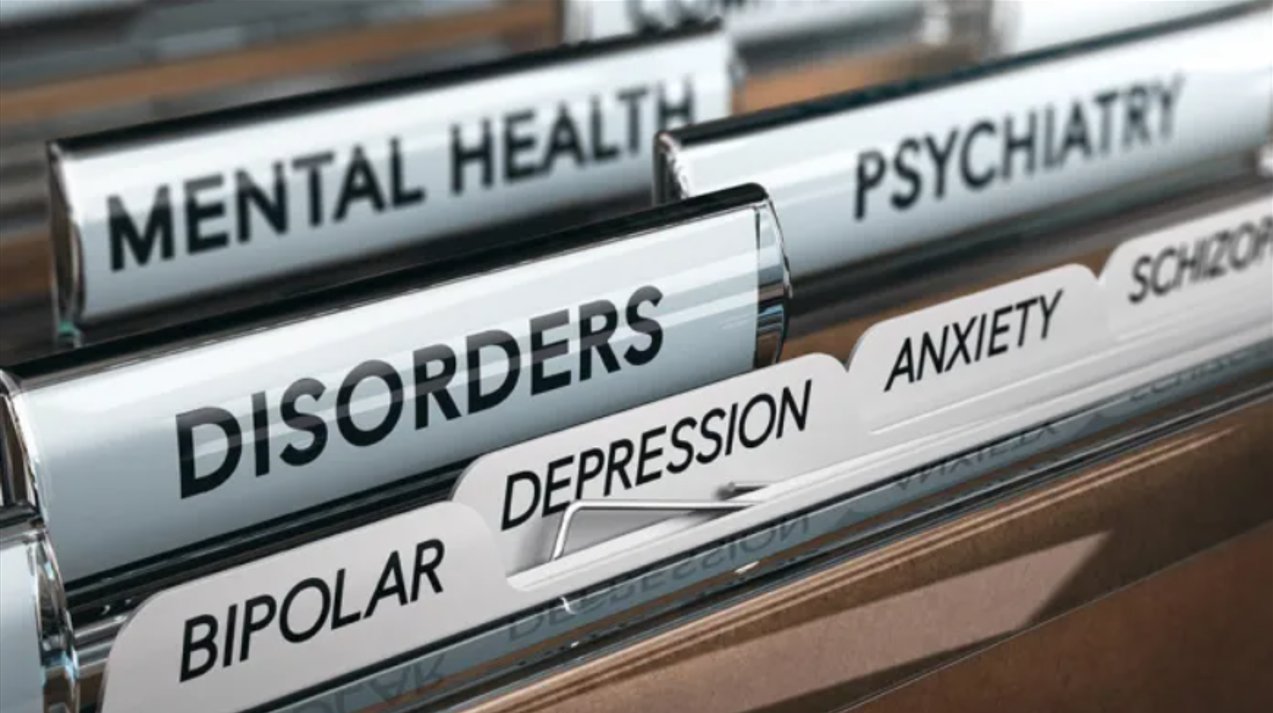THE pandemic left deep mental scars. Isolation, loneliness, grief, domestic violence, general anxiety, professional burnout, and post-traumatic stress became part of the health crisis. Covid-19 hit a double blow – both to the body and mind. While physicians and health experts carefully document its effect on the human body, the psycho-social effects on mental health are yet to gather mass attention.
A 2017 report by the Indian Council of Medical Research (ICMR) noted that in India about one in seven persons suffers from mental disorders of varying severity. Depression and anxiety disorders were the most common, affecting 45.7 million and 44.9 million people, respectively.
The findings of a Mental Health Survey 2015-16 by the National Institute of Mental Health and Neuro-Sciences (NIMHANS) revealed that nearly 150 million Indians require mental health care interventions but less than 30 million were seeking help. The unrelenting pandemic has inadvertently fast-tracked the mental health time bomb in India.
A parallel pandemic
Months of lockdowns suspended life as we knew it and we were confined inside our homes for over a year. It has been an uneasy adjustment period on many levels, including social and financial. The distress cut across classes and severely disrupted the lives of citizens, particularly from economically weaker segments.
The parallel effects of the pandemic are a spectrum of mental health issues ranging from anxiety, panic attacks, depression and in extreme cases, suicide. Many tragic instances occurred in various parts of India since the pandemic’s onset:
- In Odisha’s Bolangir district, a 50-year-old man jumped into a well fearing that he had contracted COVID-19.
- Migrant workers, Rambabu and Chutku, from Banda village in Uttar Pradesh ended their lives due to financial distress caused by being out of work.
- In another incident, 37-year-old Vivek from Barabanki poisoned his wife and three children before he hung himself.
- Two brothers in Delhi were found hanging in their jewellery shop, leaving behind a suicide note stating that the financial crisis caused them to take the extreme step. They were only in their forties.
As the deadly contagion continues to cause immense suffering, yet even in this dreadful situation help is available. May is observed as the Mental Health Awareness Month globally to raise awareness about mental illnesses and to acknowledge the efforts of mental healthcare workers and caregivers.
These leading nonprofits are committed to de-stigmatising and combating mental health issues.
1. The Live Love Laugh Foundation (TLLLF)
Founded in 2015 by actor Deepika Padukone, the Live Love Laugh Foundation aims to give hope to every person experiencing stress, anxiety, and depression. The Foundation utilizes its visibility and large network to create awareness, normalize conversations and reduce the stigma associated with mental illness. It combines knowledge and domain expertise to carefully curate and disseminate information that is easily consumable to any kind of audience.

All the Foundation’s programmes are conducted and implemented through partnerships and collaborations with similar organisations working in the field of mental health.
2. Mindroot Foundation
The Mindroot Foundation was established in 2016 in Jaipur, Rajasthan, to combat mental health and substance use disorders. The Foundation conducts programmes to improve mental health awareness and create openness about related disorders, for the benefit of the patients as well as the society.
Mindroot also organises seminars, workshops and events to educate about mental well-being. Focus groups including school students, villagers, professionals in banks, etc. are given necessary training to increase their quality of life. It also has a platform for sufferers to share their stories and offers effective strategies to combat issues.
3. The Banyan
This Chennai based organisation helps people access mental, physical, interpersonal, social recovery and assists with the necessary resources in various rural and urban settings. It provides emergency and community-based mental health interventions to aid people on their paths towards overall well-being.
The Banyan promotes best practices through collaborations with governmental and non-profit initiatives. Here people can access emergency and critical care services, obtain food, shelter and clothing alongside health, reintegration and aftercare services. 75% of women enrolled here have recovered with their assistance.
4. The MINDS Foundation
The MINDS Foundation is a Telangana based nonprofit with a grassroots approach to eliminate stigma and provide educational, medical, and moral support for patients with mental illness in rural India. The foundation also conducts ongoing research and develops curriculum to expand education about mental health.
Since its creation in 2010, MINDS has increased the level of mental health education and treatment, overcoming many of the challenges of rural health work in India. MINDS focuses on community-wide education held in each village by social workers; provides effective, free treatment for any mentally ill person who wishes to receive help and helps each patient reintegrate into the local community after treatment.
5. LonePack
A youth-led community movement, LonePack was started by a group of engineering students to create awareness and combat mental health issues among the Indian youth. The NGO organises campaigns, events and workshops in schools, colleges and corporates to raise awareness on the importance of mental wellness. It has worked with organisations like Uber, Sathyam cinemas, Zoho, Freshworks, SRM, DAV Group of Schools, etc in the past two years and has an outreach of over 40,000 people across the country.
It offers an anonymous peer-to-peer support system that provides a safe space for people to open up about their issues. LonePack’s motto is to make mental health accessible to all.
6. Ashadeep
Founded in 1996, Ashadeep’s mission is to help persons with mental disorders and their families through local rehabilitation facilities in the North Eastern states of India.
Over 360 individuals suffering from mental illness and intellectual disability have received therapy, education, training in sports and vocational activities in the Ashadeep Day Rehabilitation Centre. 650 homeless mentally ill persons have been housed and treated in rehabilitation homes, of which 550 have been reintegrated with their families. 1,200 individuals in Guwahati and over 2,000 in rural areas of Assam have benefited through its Outdoor Psychiatric Clinic and Outreach Camps.
It is important to speak out on mental health issues. If you or someone you know needs assistance please reach out – there is no shame in seeking help to address issues of the mind. Let’s start viewing ourselves and others without the prejudiced lens and help each other to overcome this collective crisis, heal and move forward.
This blog was updated in December 2023.
Give’s mission is to “make giving bigger and better.” Give is the most trusted donation platform in India for fundraisers and crowdfunding campaigns. Through our technology solutions, we enable individuals and organisations to fundraise and donate to a cause, charity or NGO with trust and convenience. Give’s community of 2.7M+ individual donors and 300+ organisations supports 3,000+ verified nonprofits with 80G deduction and serves 15M+ people across India. Find a fundraiser today!

Samar is a Marcoms specialist and freelance writer. She has a master’s in marketing and creativity from ESCP Business School. She is an avid traveller and likes to write about technology, travel, wildlife and sustainability.
Discover more from
Subscribe to get the latest posts sent to your email.

